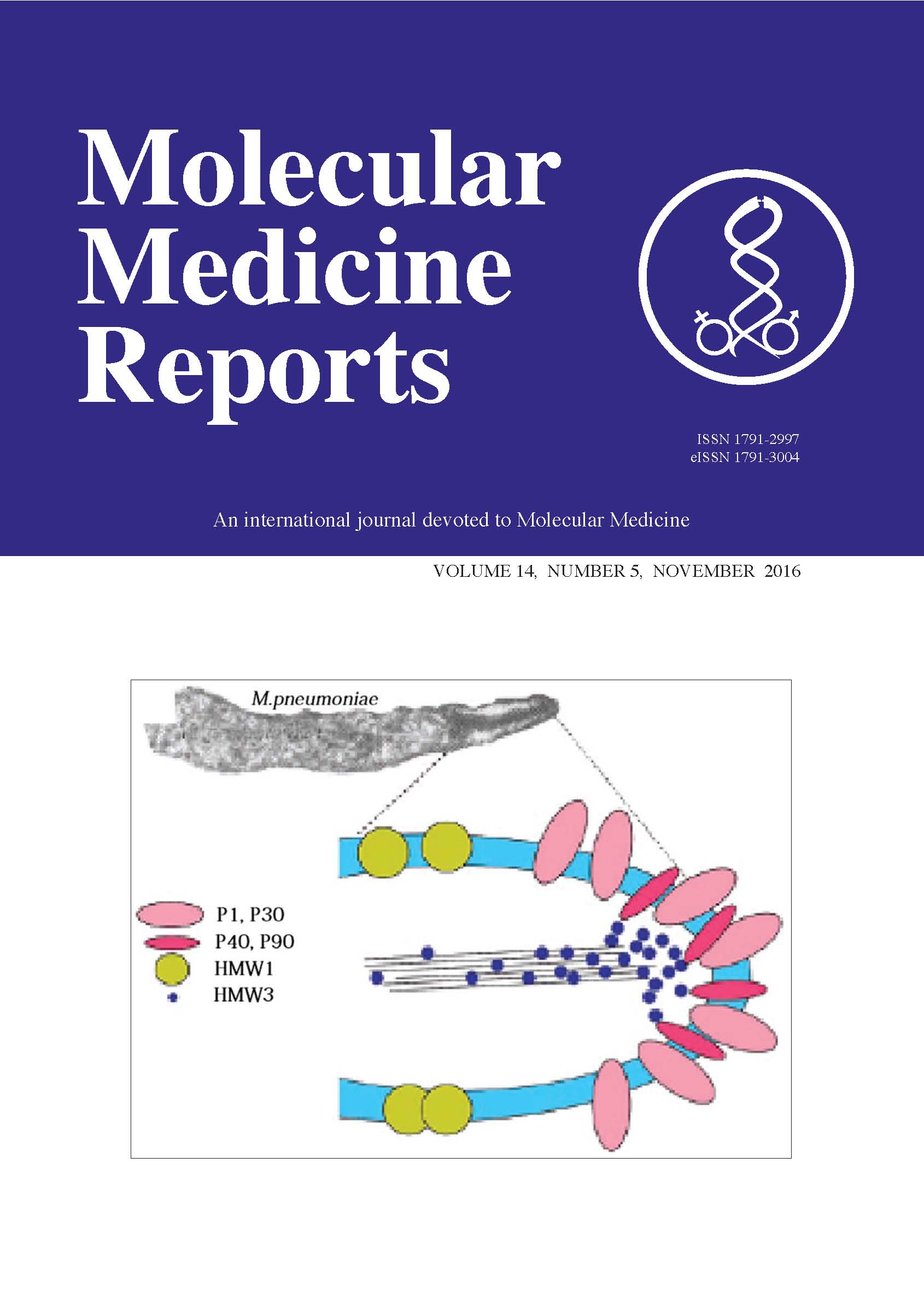Beta-ketothiolase deficiency, also known as mitochondrial acetoacetyl-CoA thiolase (T2) deficiency, is an autosomal recessive disease caused by mutations in the acetyl‑CoA acetyltransferase 1 (ACAT1) gene. A German T2‑deficient patient that developed a severe ketoacidotic episode at the age of 11 months, was revealed to be a compound heterozygote of a previously reported null mutation, c.472A>G (p.N158D) and a novel mutation, c.949G>A (p.D317N), in ACAT1. The c.949G>A mutation was suspected to cause aberrant splicing as it is located within an exonic splicing enhancer sequence (c. 947CTGACGC) that is a potential binding site for serine/arginine‑rich splicing factor 1. A mutation in this sequence, c.951C>T, results in exon 10 skipping. A minigene construct was synthesized that included exon 9‑truncated intron 9‑exon 10‑truncated intron 10‑exon 11, and the splicing of this minigene revealed that the c.949G>A mutant construct caused exon 10 skipping in a proportion of the transcripts. Furthermore, additional substitution of G for C at the first nucleotide of exon 10 (c.941G>C) abolished the effect of the c.949G>A mutation. Transient expression analysis of the c.949G>A mutant cDNA revealed no residual T2 activity in the mutated D317N enzyme. Therefore, c.949G>A (D317N) is a pathogenic missense mutation, and diminishes the effect of an exonic splicing enhancer and causes exon 10 skipping. The present study demonstrates that a missense mutation, or even a synonymous substitution, may disrupt enzyme function by interference with splicing.

